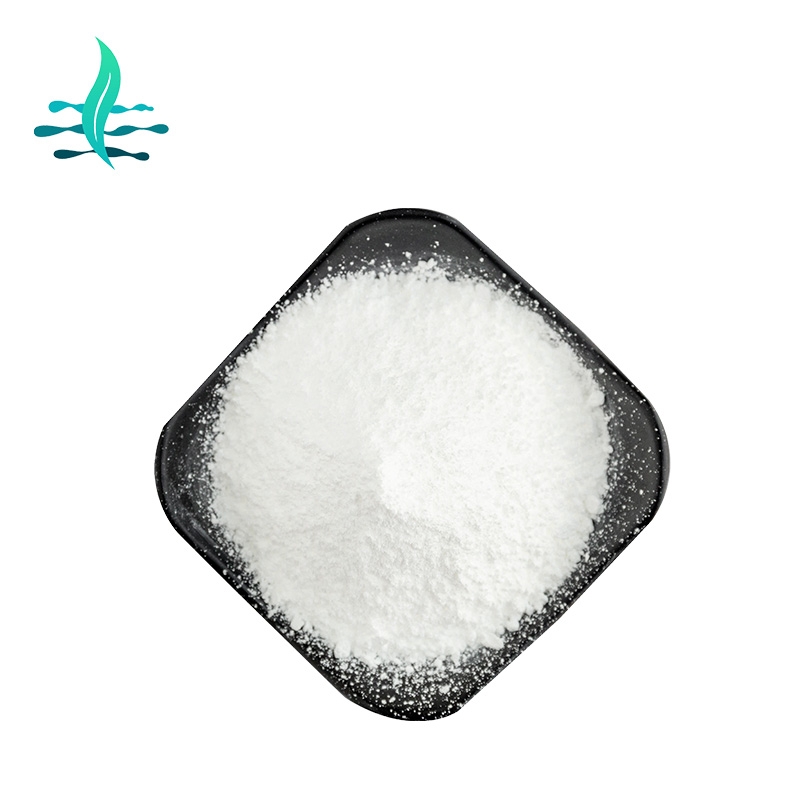-
Categories
-
Pharmaceutical Intermediates
-
Active Pharmaceutical Ingredients
-
Food Additives
- Industrial Coatings
- Agrochemicals
- Dyes and Pigments
- Surfactant
- Flavors and Fragrances
- Chemical Reagents
- Catalyst and Auxiliary
- Natural Products
- Inorganic Chemistry
-
Organic Chemistry
-
Biochemical Engineering
- Analytical Chemistry
-
Cosmetic Ingredient
- Water Treatment Chemical
-
Pharmaceutical Intermediates
Promotion
ECHEMI Mall
Wholesale
Weekly Price
Exhibition
News
-
Trade Service
The Instruction of 9,9'-(1,3-Phenylene)bis-9H-carbazole: A Promising Material in the Chemical Industry
Introduction:
In the chemical industry, there is a constant search for new materials with unique properties that can be used in various applications.
One such material that has gained attention in recent years is 9,9'-(1,3-phenylene)bis-9H-carbazole.
This high-performance organic material is commonly used in the production of electronic devices, such as organic light-emitting diodes (OLEDs) and solar cells.
Structure and Properties:
9,9'-(1,3-phenylene)bis-9H-carbazole belongs to the class of polycyclic aromatic hydrocarbons (PAHs).
It has a unique structure, consisting of a central carbazole ring flanked by two phenylene groups.
This structure imparts unique electronic and optical properties to the material, making it an ideal choice for electronic devices.
The material exhibits high thermal stability, chemical resistance, and good processability, making it a versatile material for various applications.
It is a semiconductor material with a Bandgap of 2.
7 eV, which makes it suitable for use in photovoltaic cells and OLEDs.
Advantages over Conventional Materials:
One of the main advantages of 9,9'-(1,3-phenylene)bis-9H-carbazole is its high thermal stability.
It has a thermal decomposition temperature of 420°C, which is much higher than that of conventional organic materials used in electronic devices.
This high temperature stability makes it suitable for use in high-power electronic devices, where thermal stability is a critical factor.
Another advantage of 9,9'-(1,3-phenylene)bis-9H-carbazole is its good processability.
It can be easily synthesized using various methods, such as chemical synthesis and electrochemical synthesis.
Additionally, it can be easily processed into various forms, such as films, thin layers, and fibers, making it a versatile material for various applications.
Applications:
9,9'-(1,3-phenylene)bis-9H-carbazole is used in various applications in the chemical industry.
One of its main applications is in the production of OLEDs.
OLEDs are a type of light-emitting diode that uses an organic material to produce light.
They are used in various applications, such as displays for electronic devices, lighting, and signage.
9,9'-(1,3-phenylene)bis-9H-carbazole is also used in the production of solar cells.
Solar cells convert light energy into electrical energy, making them an important source of renewable energy.
The high thermal stability and good processability of 9,9'-(1,3-phenylene)bis-9H-carbazole make it an ideal material for use in solar cells.
Conclusion:
9,9'-(1,3-phenylene)bis-9H-carbazole is a promising material in the chemical industry, due to its unique properties and versatility.
Its high thermal stability, chemical resistance, and good processability make it suitable for use in various applications, such as OLEDs and solar cells.
As the demand for high-performance materials in the chemical industry continues to grow, materials like 9,9'-(1,3-phenylene)bis-9H-carbazole are likely to become increasingly important.






